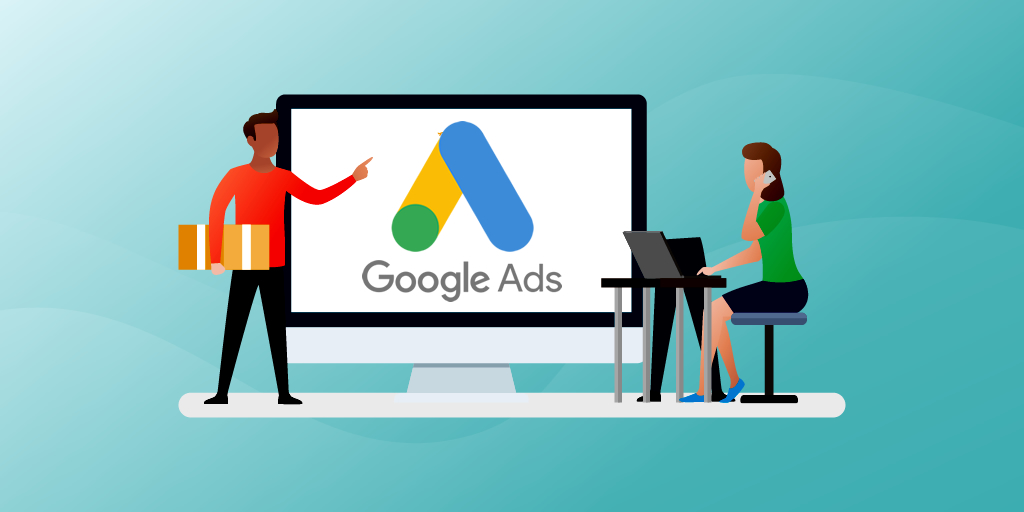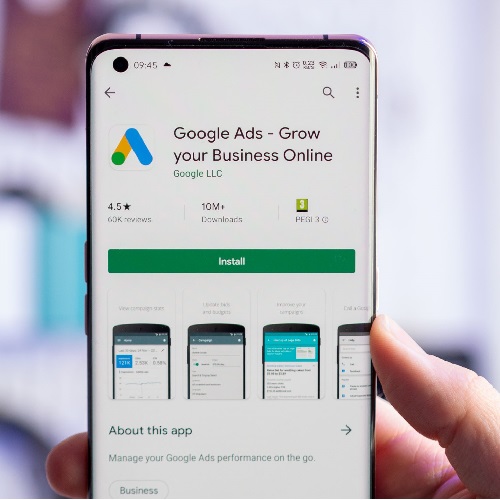Contact Us
Related Posts
Category

Google Ads is a dynamic platform. It keeps evolving and changing making it difficult for advertisers to always keep up. These changes bring along new PPC mistakes that advertisers could make while creating and optimizing their campaigns.
So in this post, Experts from our PPC management Services have listed 8 costly Google Ads mistakes that you must avoid making in 2025.
Mistake #1: Inconsistent setup for conversion tracking
Optimization decisions for your campaigns depend on the conversion data. Inconsistent setup of conversion tracking leads to distribution of data all across your account. This makes it difficult to understand the value of each click accurately.
It is not a common exception that you override the conversion tracking setup at the campaign level so that you can get accurate tracking results, however, this makes tracking look inconsistent at the account level.
Thus, you must ensure that your conversion data is consistently applied across your account with proper conversion tracking setup.
Mistake #2: Not using exact match
Google has been promoting the use of broad match, making it the default match type in some cases, and introducing new settings to apply the broad match to all keywords. As a result, the use of exact match has decreased.
However, exact match is still very useful and often delivers the best conversion rates for most accounts. Adwords management services suggest that everyone should use exact match in their keyword strategy for better results.
Mistake #3: Inconsistent campaign settings
Most businesses and advertisers use custom settings for their campaigns. However, they still come across inconsistent campaign data such as irregular ad scheduling, multiple excluded regions, and several different bid strategies.
This indicates that you must check your campaign settings. You must ensure that your campaigns are properly set up while doing an account audit. Since campaigns are often created at large intervals, not checking the consistency of campaign settings is a common mistake marketers have made over the years.
Mistake #4: Focusing more on Ad strength
There is a common misconception that ad strength affects your quality score. That’s why most marketers focus more on having higher ad strength. However, that’s a big mistake they make. In fact, ad strength has nothing to do with quality score. Ad strength is a number that can generally be ignored.
According to a research report by Adalysis, ads with lower ad strength have higher conversion rates as compared to ads with higher ad strength. This is because the level of ad strength defines Google’s ability to control your ad’s messaging.
The higher the ad strength, the more control Google has over how your ads are displayed. On the other hand, The lower the ad strength, the more control you have over your ads.
Mistake #5: Not using top search terms as keywords
As the effect of match types has gotten much weaker over the past few years, The visibility of your ads now depends more on the user’s search terms. Not using search terms as keywords is a huge mistake that advertisers commonly make.
When you don’t use keywords that match the search terms, then multiple keywords can end up showing ads for the same search query. This can make your ad marketing inconsistent as the same search term will display ads from different ad groups altogether. Also, the performance max campaigns can dominate your search campaigns.
Mistake #6: Using broad match with non-target bidding options
The impact of broad match on your account significantly depends on your bidding strategy. With Max bidding options, Google tries to drive more revenue and conversions regardless of your cost. On the other hand, Google focuses more on hitting a specific target with target bidding.
Since broad match shows results for various search terms, it performs well with targeting bidding options but it is not effective with max bidding options.
Mistake #7: Using the same negative keywords lists
Using the same negative keyword lists with old and irrelevant negative keywords over and over for different campaigns is a huge mistake that most advertisers make. This can cause negative keyword conflicts, blocking your primary keywords from showing.
So, experts from Google Shopping Ads Management services suggest that you must always check the negative keywords you add to your new campaigns to ensure your target keywords are not blocked.
Mistake #8: Accepting every Google recommendation
Google’s recommendations can be in your best interest sometimes. But it does not means that you must accept every one of them blindly. Many Google recommendations are controversial and some can even result in decreasing account performance.
Some recommendations can be quite useful, so you must not completely ignore them. Thus, you must first deeply understand how a recommendation will affect your account before selecting it.
At Last
Google Ads evolving faster than ever, and staying ahead in 2025 means avoiding these costly mistakes. By actively managing your campaigns, refining your strategies with PPC management Services, and leveraging all available tools, you can achieve better results and make the most of your ad spend.























